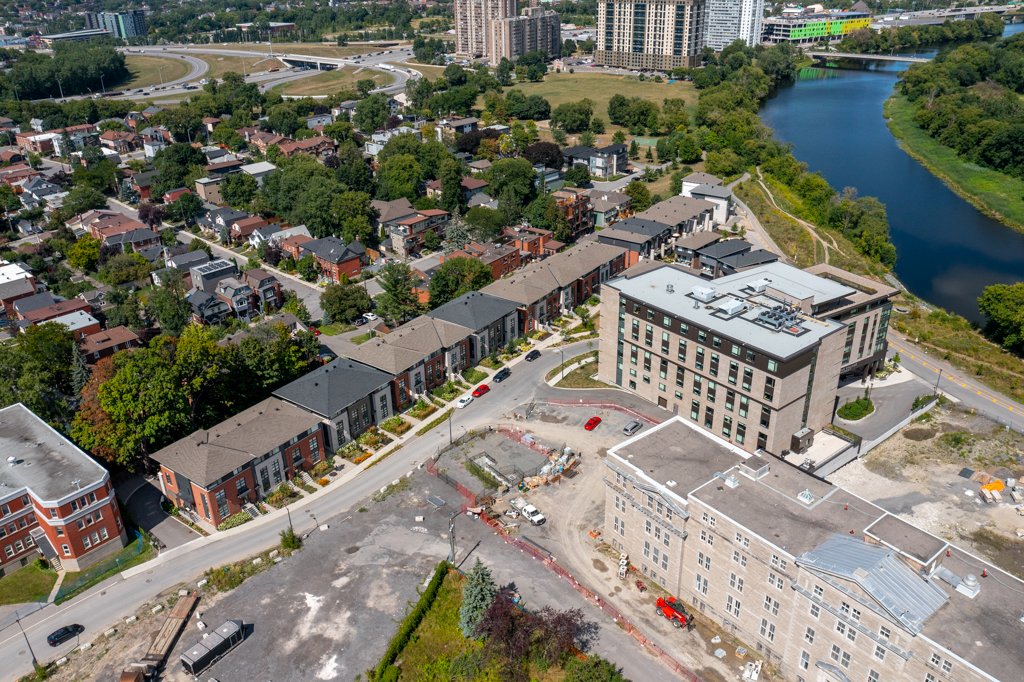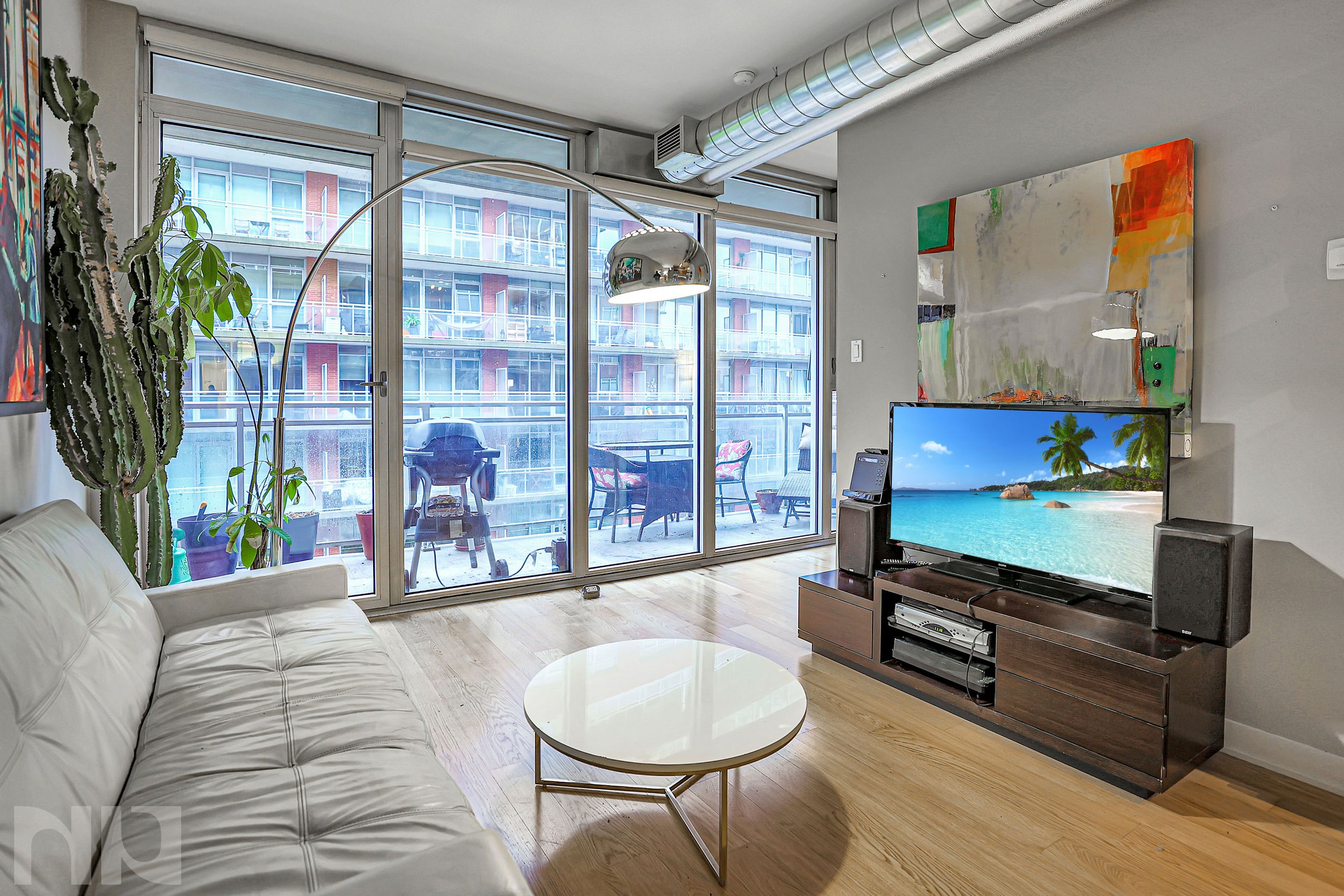Ottawa’s New Vacant Unit Tax

This week, homeowners in Ottawa can expect to receive a notice in which they must declare whether any of their properties are vacant.
Back in March, Ottawa’s City Council voted on a new tax on vacant homes and units within the city limits. This tax will be an additional 1%, and owners of these properties must annually declare the occupancy status of every property that they own.
For a property to be eligible for this tax, it must have been vacant for more than 184 days in a given year. A vacant unit will be defined as, in addition to the 184 vacant days, as a unit that is not an owner or renter’s principal residence. This tax will be relevant to all properties with up to 6 units.
It is estimated nearly 330,000 property owners are in our city and will need to file this declaration each year.
Emails and letters will be sent out in late November with information for property owners on how to file their occupancy status declaration for this year. For Ottawa homeowners who may not utilize technology, the city is looking into a variety of ways to ensure that they know about this new requirement on property tax forms, and it may also be highlighted to stand out.
These declarations have to be filed in the new year before March 16th. They will have to be filed every year after that. If they are not filed, delinquent property owners will be fined $250. There will be an appeal process if a homeowner feels as though they were unrightfully fined.
There are many special circumstances in which a homeowner will not have to pay a tax on their vacant home. For example:
The vacant home is a primary residence
The vacant home’s owner is deceased
The vacant home’s owner was in the hospital or at a long-term care facility
The home is undergoing renovations or construction
The vacant property was used as a cottage rental unit that has a valid permit, for a minimum of 100 days
The vacant property is apart of an arm’s length sale
The money collected from this tax will help contribute to affordable housing in the city. The council estimates, in the next five years, this tax could raise around $25 million dollars. It should also, hopefully, encourage more landlords of vacant spaces to work on finding tenants, thus increasing available housing in the city.






























